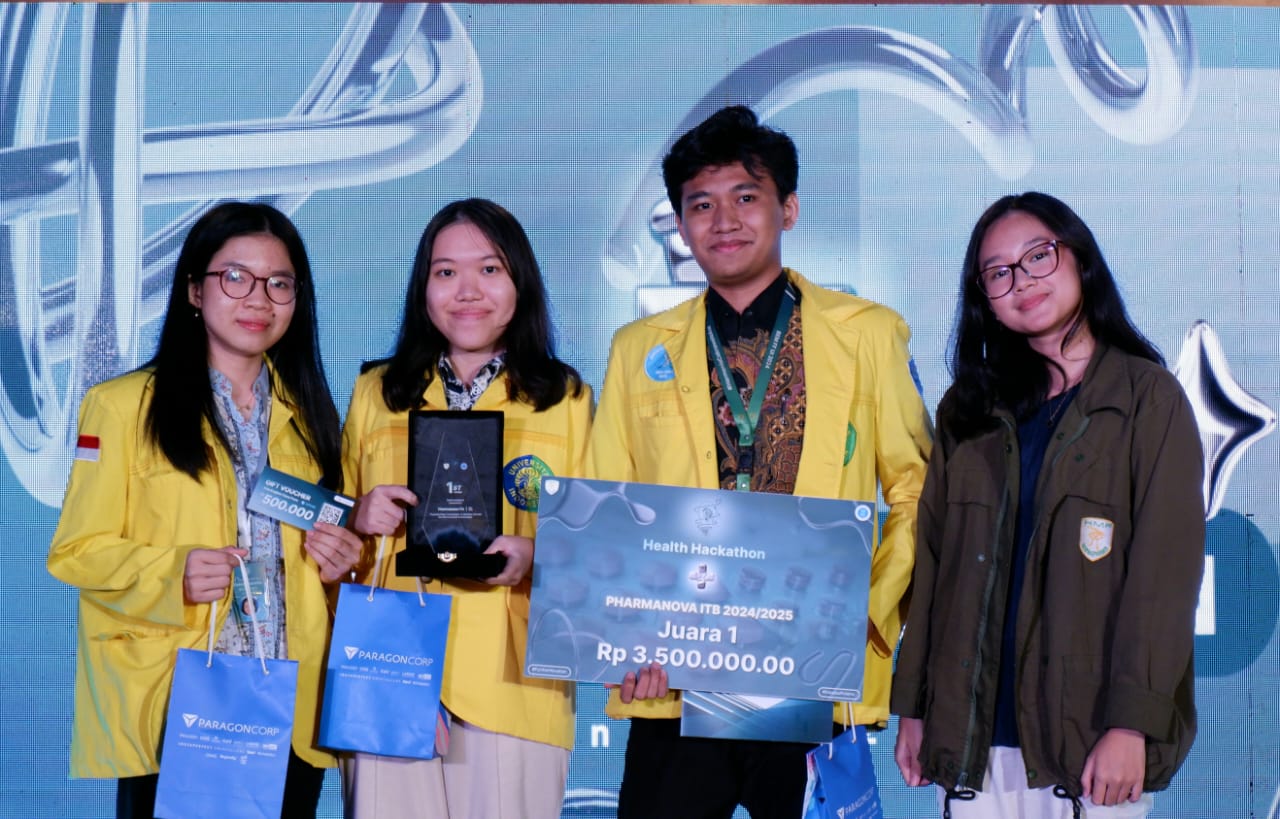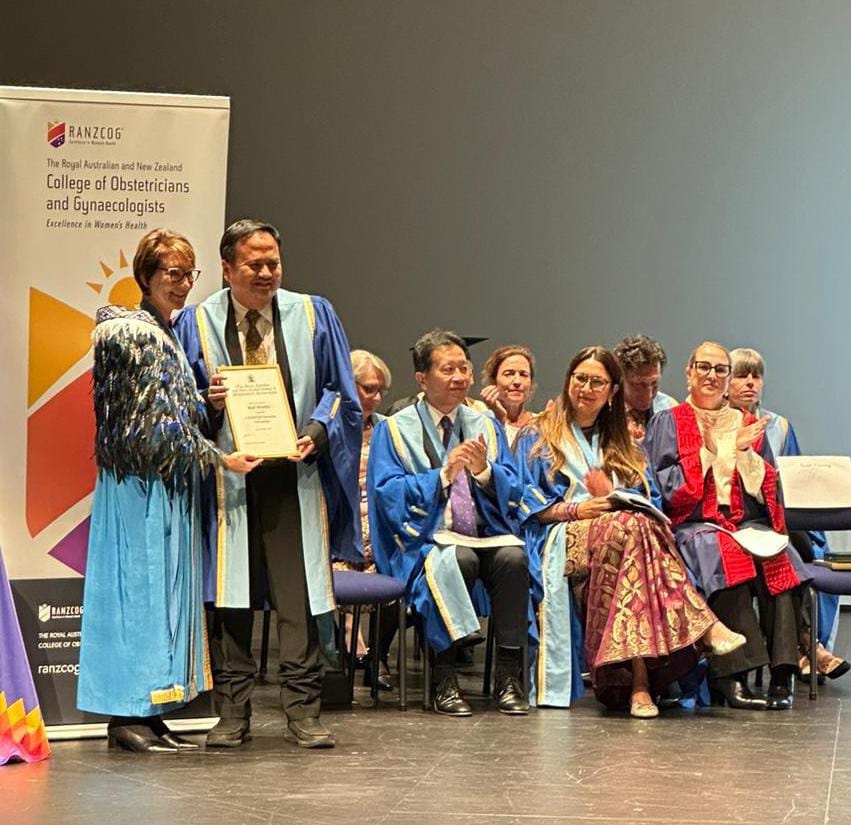
President Joko Widodo has given the name of the prospective capital city of Indonesia as Nusantara. This name is believed to be well received, in the midst of the State Capital Law drafting. The design of a strategy to realize the ideals of the law (UU) that is being drafted is also being accelerated and prepared by a team that has been formed by the government.
Regardless of the material of the law and the term of Nusantara, which was also welcomed by the wider community with a variety of responses, Indonesian people need certainty, perfection, and smoothness in the ideals of the state capital. From the perspective of urban science, the state capital that is being worked on is a new city with the status of the state capital. The new city Nusantara is present in the midst of the development of national cities that do not have a legal protection.
This vacuum has long occurred in Indonesia, which has relied on the regulatory basis of the Regional Goverment Law. Meanwhile, the Capital City Nusantara does not refer to the Regional Government Law according to the initial draft that was included in the discussion at the House of Representatives of the Republic of Indonesia. The new city Nusantara is in the form of an area managed by an authoritative institution with a ministerial-level administrator. This new city is a special region, not an autonomous region.
This design should be contemplated, especially on the basis of a constitution that does not recognize regions without regional autonomy in the territory of Indonesia, according to Article 18 of the Constitution. The backing of Article 18B also leads to autonomous regions with special characteristics that remain in the framework of autonomy, not without autonomy.
Giving Protection to Oneself
Nusantara City has been carefully prepared and expedited in the shortest possible time with great energy, even to the point of thinking about moving the state civil apparatus of ministries and institutions with all their supporting resources. It can be estimated that Nusantara City will emerge in the midst of many natural cities in terms of massively growing regional economic activity. Nusantara city will grow together with cities such as Jakarta, Surabaya, Semarang, Bandung, Medan, Makassar and new natural cities such as Meikarta, Lippo Karawaci, Serpong, Deli Serdang, around Surabaya, and Makassar. For the record, cities in Indonesia that have certainty of governance are those that have autonomy, and they are more than 90 cities. Meanwhile, those without autonomous government are still under the regency area, currently around 2,000 cities throughout Indonesia.
They are mainly small and medium-sized cities, as well as new independent towns, such as Sentul City, Meikarta, and BSD. Nusantara City is present with the dominance of the main political aspect with directly having the status of a capital city. Nusantara City, if it runs, it must go hand in hand, not just become the center of the national government.
The magnet for the circulation of goods and services in all cities in Indonesia will also make adjustments in the future with the emergence of Nusantara City.
Nusantara City has to deal with the magnets of pre-existing cities. This adjustment process determines the efficiency and effectiveness of the national urban system. As we know, in the national urban system in Indonesia, the law of markets is applied because there is no legal protection that regulates the national institutions of the urban system. Indonesians prefer to regulate villages rather than cities that grow continuously. Even villages will one day become cities. Regulating the state capital by law does not solve the void of the legal protection for cities in the national draft.
The Draft of the State Capital Law only regulates prospective Indonesian capitals individually, not accompanied by regulating cities nationally. In fact, national cities should come first and then individual cities.
The Need of Urban Law
Under these conditions, do not expect equitable development quickly and massively. The impact may even be that the big cities that already exist will become the initial obstacle to the growth of the state capital. Losses will be felt by many cities to grow the state capital so that Nusantara City at least becomes a medium city in order for it to be comfortable and internally efficient.
The absence of an legal protection for cities nationally can have an impact on the state capital governance – which if referring to the initial draft it is managed by the authorities – and will rely on government intervention to create massive subsidies for the state capital from the growth of other cities. This must be scrutinized so as not to kill the development of cities that have already grown, especially small cities. In the absence of a national national legal protection for cities, the growth of cities outside the state capital will work on a law that believes who wins or the strong is the one in power. Big cities will eat medium cities, medium cities will eat small cities, small cities will eat villages, and so on. The accumulation of capital in which a theater of urban systems occurs is increasingly evident (McGee: 1985). Nusantara City may become an enclave, living on its own, if it is not accompanied by the thought of national legal protection of Indonesia’s urban system. It is time that the government should not only think about Nusantara City wrapped in the State Capital Law individually, but also nationally regulate the governance of national urban institutions just like village-related arrangements.
It is time for Indonesia to have its own Urban Law. This Urban Law can later become the basis for the State Capital Law and other individual city laws so that city development is well-organized, including national development.



